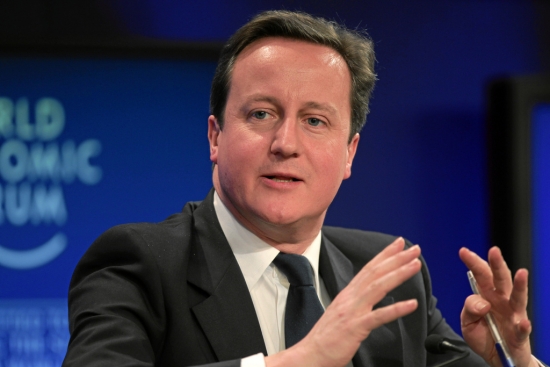For the majority of consumers in Britain, picking up a crate of beer or a bottle of wine with the weekly shop remained one of the few affordable luxuries during the recession, giving pressurised shoppers a chance to relax with a glass of their favourite tipple at the end of a hard day.
Even now that the economic hardships have lifted, the still relatively high rate of inflation has discouraged consumers from spending rashly on new clothing and high tech gadgets with many preferring to keep the “little luxuries” they treated themselves to when the financial status of the UK was incredibly unstable.

But, as we reported last week, Prime Minister David Cameron is strongly in favour of the introduction of a minimum price per unit on sales of all alcoholic beverages. This could see the average family’s alcohol bill soar by as much as £100 per year and push Britain’s already stretched consumers to the brink.
In an attempt to reduce levels of binge drinking in our society, the Home Office wishes to impose a minimum price of 45 pence per unit of alcohol sold – a move which they believe will reduce the number of heavy drinkers in the UK. According to figures released by the Government, this would make the number of annual crimes drop by 5,000 and reduce hospital admissions by 24,000 every year. Furthermore, alcohol related deaths would drop by 700 annually.
Yet a study by the Institute for Fiscal Studies (IFS) has found that, rather than solely targeting binge drinkers, the Government’s plan will have an effect on the wallets of even the most moderate drinkers. As 59 per cent of alcohol currently sold in off licensed premises does not meet the proposed minimum price level the majority of all alcoholic drinks will go up, meaning that even those who only drink a minimal amount each week will have to pay an increased cost.
Additionally, the IFS found that one of the main culprits associated with binge drinking, the alcopop, may not even be affected by the introduction of a minimum price. This is because brands such as WKD and Bacardi Breezer tend to cost more than 45 pence per unit already and therefore prices will either remain the same or increase only minimally.
The Wine and Spirit Trade Association has spoken out against the proposed introduction, with spokesman Miles Beale saying; “Minimum unit pricing and the proposed restrictions to promotions are wholly untargeted and will unfairly punish millions of consumers and businesses in the UK while doing nothing to tackle the root causes of alcohol misuse or associated crime and disorder.
“Alcohol misuse is a serious and complex problem for a small number of people in this country.”
Yet the fact that the new pricing method may not work could prove to be the least of David Cameron’s worries, as in a leaked letter to the Prime Minister from Brussels the European Commission has warned that the proposals are, in fact, illegal. The nine page letter stated that, should the government go ahead with minimum pricing, they would be breaking EU laws governing the free movement of goods and advised that Britain increased the tax on alcoholic drinks if the Government still wished to raise the price.
Should the Government ignore the warning from the European Commission, it could leave Britain open to a court case in which large wine producing countries such as France, Italy and Spain could sue.
Catherine Day, speaking on behalf of the European Commission, stated that the only result of a minimum price introduction would be a “market distortion” as supermarkets competed to sell alcohol in a bid to boost profits.
She said; “The UK authorities are invited to abstain from adopting the draft legislation at issue.”
Do you think the introduction of a minimum price per unit would, as the Government claims, go a long way in combatting crime and reducing the costs incurred by the NHS when dealing with alcohol related conditions, or do you think binge drinkers would pay the higher costs while moderate drinkers stopped buying alcohol altogether? Is it worth the risk of causing rifts with Brussels and inviting a court case with Spain, France and Italy just to trial a method which the IFS believes would not work in the first place? Tell us your thoughts on minimum pricing of alcohol in the comments section below.
Previous Post
Portas Joins Battle of Primrose Hill